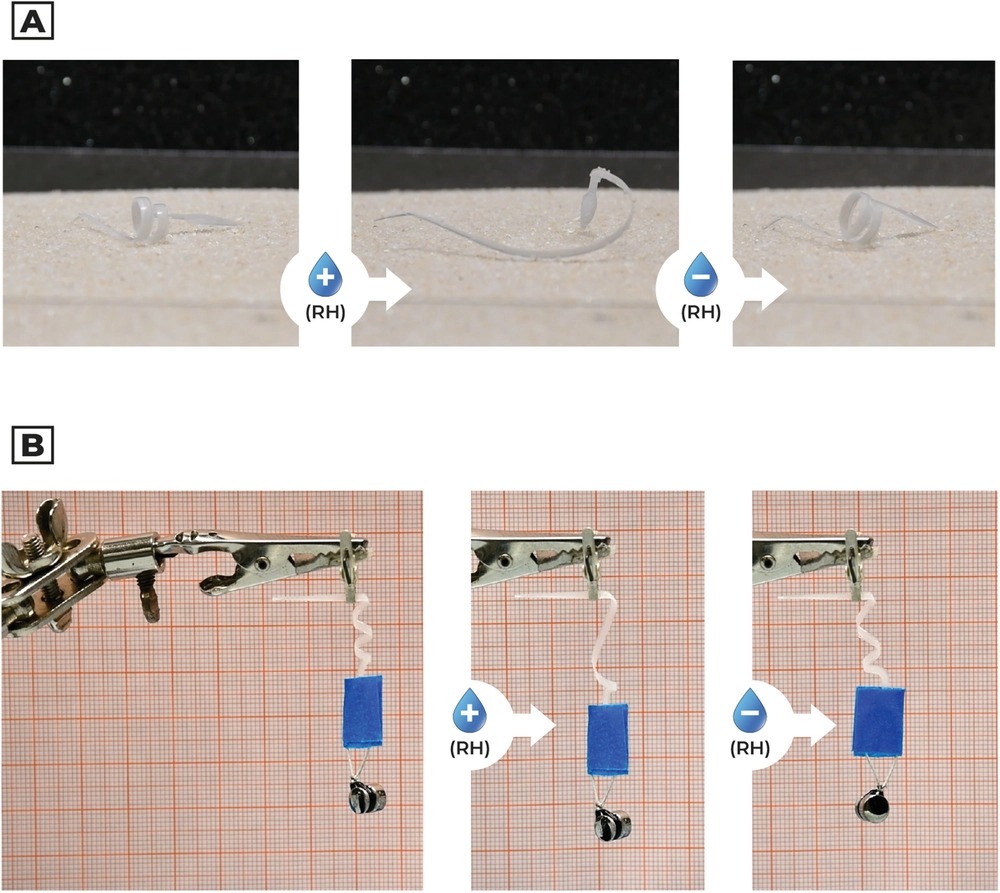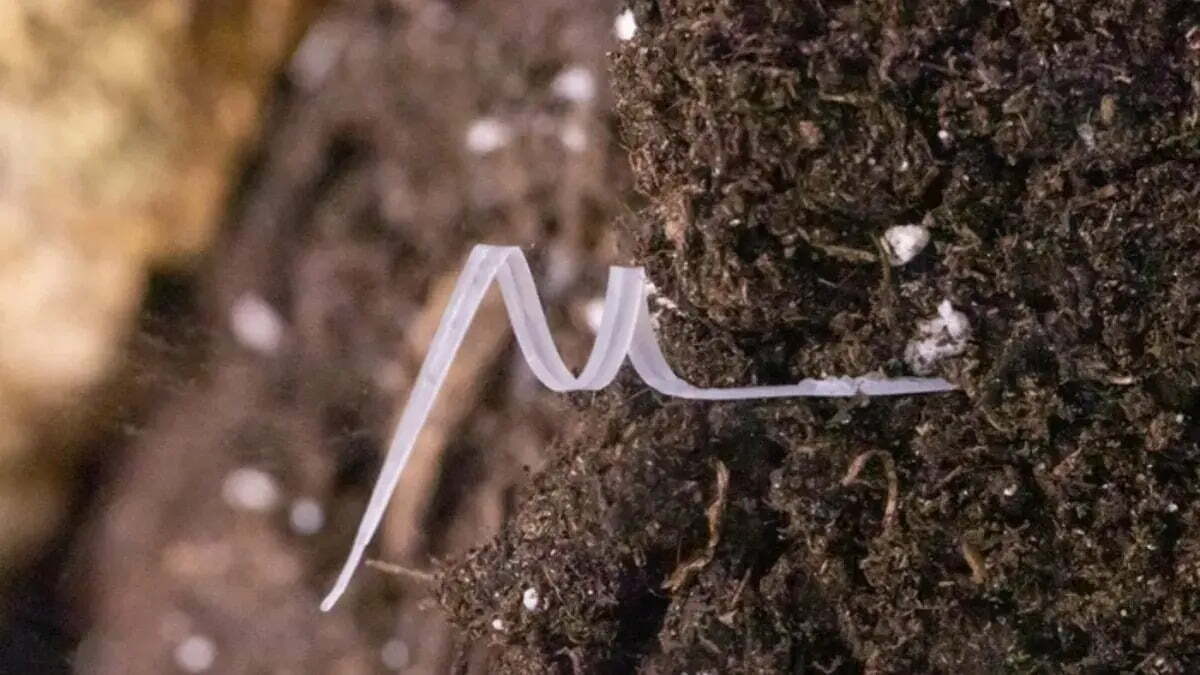Another piece of the future speaks in Italian. I-Seed has arrived, the first 3D printed biodegradable robot seed, capable of monitoring soil conditions without the use of batteries or other energy sources. This revolutionary soft robot was created by researchers atIIT – Italian Institute of Technology of Genoa (which has already amazed with the creation of a “artificial leafcapable of harvesting energy).
Artificial seed, natural inspiration

Barbara Mazzolai, study correspondent author, explains that the researchers' work started from the observation of nature to imitate the strategies and structures of living beings, replicating them in robotic technologies with low environmental impact. To reproduce the natural capacity of the "robotic seed", techniques such as 3D printing, electrospinning (production of fibers using electrical energy) and fused deposition modelling.
The inspiration for the design of this tiny robot comes from the seed structure of the South African geranium (pelargonium appendiculatum). Made with biodegradable materials, I-Seed is able to change shape based on changes in humidity and move autonomously within the soil.
The researchers also investigated the best materials for absorbing moisture and creating artificial seeds. The material chosen was a biodegradable thermoplastic polyester. The resulting prototype demonstrated that it could explore soil samples and change its shape based on its surroundings. The robot imitates the movement and performance of the natural seed, achieves a torque value of ≈30 µN m, an extensional force of ≈2,5 mN and is capable of lifting ≈100 times its own weight.
Biomimicry, always be praised
The work carried out by the entire IIT Genoa group and published in the latest issue of Advanced Materials (I link it here) is simply fantastic. It demonstrates once again how observation and imitation of nature can lead to innovative and sustainable solutions. Designing robots that can grow autonomously like plants in response to environmental stimuli is an exciting field of research. I-Seed could pave the way for new methods of soil monitoring and reforestation. And it would contribute to a greener future for our planet.



